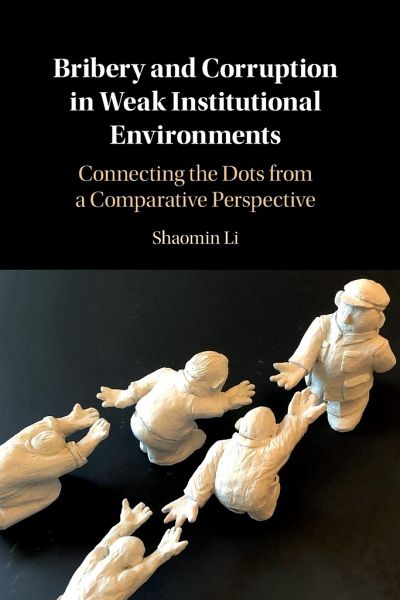
Bribery and Corruption in Weak Institutional Environments
Versandkostenfrei!
Versandfertig in 1-2 Wochen
42,99 €
inkl. MwSt.

PAYBACK Punkte
21 °P sammeln!
Drawing on twenty years of research and observations on bribery and corruption in countries with weak institutional environments, Li offers a novel explanation to the age-old puzzle of why some countries thrive despite corruption. For scholars and analysts studying corruption, as well as policymakers, business professionals and executives.




